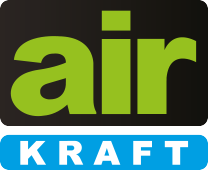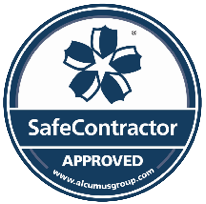Energy Saving with Air Kraft: Transforming Compressed Air Efficiency
Understanding the Cost of Compressed Air
Contrary to common belief, compressed air is neither free nor cheap. Its a significant energy consumer, accounting for about 10% of the UKs industrial electricity use. This level of consumption is equivalent to the annual output of 1.5 power stations, leading to over 5 million tonnes of CO2 emissions every year. This substantial environmental and financial impact highlights the need for effective energy-saving strategies.
Top Energy-Saving Tips:
- Fix Leaks: Tackling leaks is the most crucial step in energy conservation. Even a tiny 3mm hole can lead to more than £1,000 per year in energy waste.
- Usage Policy: Educate your team on more innovative, cost-effective alternatives to compressed air for specific tasks. (we could include a free PDF here for tips this will reinforce you as an industry expert).
- Switch Off: Ensure that equipment using compressed air is turned off when not in use to save energy.
- Optimise Pressure: A 10% reduction in pressure can result in 5% energy savings. Adjust pressures gradually to find the most efficient level.
- Air Quality and Dew Point: General air treatment should meet basic requirements, with specialised treatment applied only where necessary.
Our Solutions
Leak Detection Surveys:
- Employ ultrasonic equipment to detect and quantify leak costs.
- Best practice suggests maintaining a leakage rate below 10%. Regular annual checks are recommended.
- Our process involves assessing, tagging, and reporting each leak with detailed cost analysis.
Compressed Air Energy Surveys:
- Measure power and air volume with iiTrack data logging equipment.
- Simulate efficient system options based on accurate flow profiles.
- Visit our Case Studies for detailed insights.
Energy Recovery:
- Utilise over 90% of the energy used in air compression by converting it into useful heat.
- Redirect warm air for space heating or use Atlas Copco ER units to create hot water solutions for heating, pre-heating, and other uses.
Air Quality Testing:
- Perform tests for CO, CO2, water, and oil content in compressed air.
- Ensure compliance for breathing air standards and specific moisture level requirements with our calibrated testing and monitoring equipment.
"Join Air Kraft in revolutionising your energy efficiencysave money and protect the planet. Contact us today to explore how our solutions can transform your compressed air system into a model of sustainability and cost-effectiveness.





